As long-term investors confident in the long-term strength of the UK market, we are pleased to see the economy is starting to stabilise after the uncertainty that followed the Brexit vote.

Logistics is a resilient asset class, supported by strong secular drivers such as ecommerce, attractive operating fundamentals and a high-income return.
Importantly, the UK logistics market is focused more on domestic consumption and less on international trade.
My company Prologis has been in existence for more than 30 years, withstanding all kinds of headwinds. We are well-positioned to weather any short-term volatility.
Prologis and AMB were two US-listed industrial property companies when we merged five years ago to create Prologis, the largest logistics property firm in the world.
The size, scope and complexity of the merger required innovative thinking and a new approach.
Our rationale was clear: we would extend our leadership position and bring a new level of customer service to global logistics real estate so our customers would know we would improve the efficiency of their supply chains and create competitive advantages.
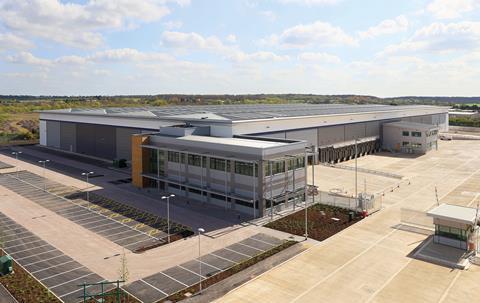
The majority of mergers are unsuccessful. A groundbreaking KPMG report found that eight in 10 corporate mergers and acquisitions failed to enhance shareholder value due to poor planning or execution (or both), although, by contrast, most of the executives interviewed by KPMG believed their deals were successful.
I am happy to report that our merger is one of the two in 10 that worked. Over the past five years, we’ve achieved a total shareholder return of more than 13% per year on average.
Rents not fully responded
Core FFO, our benchmark performance figure, has increased from $1.58/share to $2.55/share, and our portfolio has increased in size from 600 million square feet to 677 million square feet; and the sustainable energy from our rooftops has more than tripled from 46 megawatts to 149 megawatts.
Importantly, we have done all this with an employee base of 1,550, which is only 6% higher than before the merger. We have also benefited from the timing of our merger in 2011, when many of our markets had passed their low point and were embarking on an upward curve.
Since 2011, we have strategically allocated capital to Europe. Although market fundamentals have improved and occupancies in our European portfolio reached 95% at the end of March, rents have not yet fully responded - with the exception of the UK.
Our new Prologis Logistics Rent Index shows that rents in continental Europe increased by just 2% last year and by 7% over the past three years, significantly lagging the US.
The benefits of being the largest global logistics real estate provider are significant. Our in-house leasing teams provide a single point of contact, leading to higher occupancy and retention rates.

Recently, one of our customers (a tyre company) vacated a building near Barcelona, and in doing so left behind a distinctive tyre odour.
The Spanish team began an email conversation with colleagues, asking them if they knew how to fix the issue. It did not take long before one of our colleagues, speaking from experience, came up with a solution, which involved, among other things, a lot of scrubbing with a citrus degreaser.
The interesting point is that this colleague works in our Brentwood, Tennessee, office.
This type of collaboration - across teams and geographies - will continue to be key as we make the best decisions for our customers and our business. It confirms our best days are still ahead.
Ben Bannatyne is president of Prologis Europe








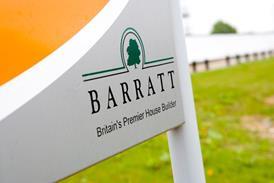
















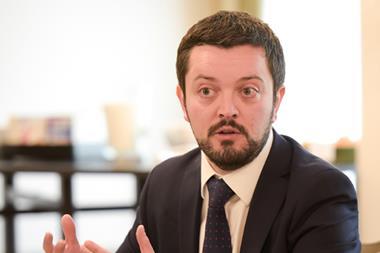
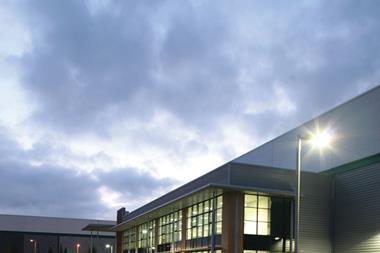


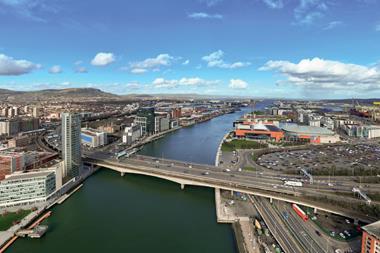
No comments yet